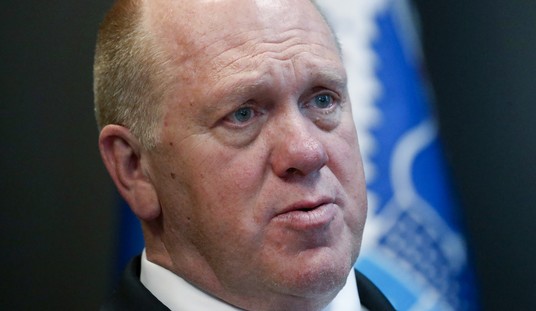To avoid conflicts of interest on his investments, President Trump plans to "gift" hotel profits from foreign governments' payments to the U.S. Treasury - gifts that will go directly toward paying down U.S. debt.
You see, the Treasury's Bureau of the Fiscal Service accepts money gifted to the federal government but, according to the bureau, the gift must be made "on the condition that it be used to reduce debt held by the public." The bureau began allowing volunteer donations in 1961.
Though the bureau keeps records of the amount gifted toward reducing U.S. debt each year, it keeps no records on the individuals who gave. But lots of interesting people have volunteered their hard-earned dough over the years, according to one of the bureau's senior advisers I spoke with a few years ago. She shared some fascinating anecdotes with me.
Gift-givers generally mail in checks - rarely do they include a note of any kind. Sometimes they return their tax-refund checks, after signing the checks over to the Department of the Treasury.
Occasionally, someone leaves a large portion of his or her estate to the government. That happened in 1992, when the largest gift on record, $3.5 million, was received.
Recommended
In the early '90s, a teacher came to the bureau with a large jar of dimes and nickels. The teacher explained that she'd conducted a class exercise on the national debt. Her students contributed what they could.
One fellow gifted $10 or $20 every payday for several years.
So how much are the gifters reducing the federal debt each year?
For the past decade, the Treasury has received between $2 million and nearly $8 million in gifts every year. The high number happened in 2012. In 2016, gifters donated just under $3 million.
But our debt has ballooned to nearly $20 trillion.
Consider: If our debt remained fixed at $20 trillion and we applied $3 million in gifts every year to pay it off, it would take 6.6 million years to become debt-free. And that is with zero-percent interest.
Besides, the gift donations aren't technically paying down the debt anyhow. All the donations are deposited to the receipts ledger of the general fund.
Since we're running large deficits, the donations don't pay down the debt, per se; they simply reduce the amount of money our government will borrow.
In any event, to avoid conflicts of interest, President Trump has decided to gift profits from foreigners to the Treasury because of the Emoluments Clause in Article I, Section 9 of the U.S. Constitution, which forbids officials from accepting profits in the form of "any present, Emolument, Office, or Title, of any kind whatever" from foreign nations.
But any U.S. citizen is free to gift money to help pay down our massive debt.
According to the bureau, there are two ways for you to make a contribution to reduce the debt: Go to Pay.gov and "contribute online by credit card, debit card, PayPal, checking account, or savings account."
Or write a check payable to the Bureau of the Fiscal Service. Be sure to add a note in the memo section that your donation is "a gift to reduce the debt held by the public," then mail your check to:
Attn Dept G
Bureau of the Fiscal Service
P.O. Box 2188
Parkersburg, WV 26106-218
Hey, I know we've got an incredibly long way to go to begin getting our debt mess in order, but we've got to start somewhere.


